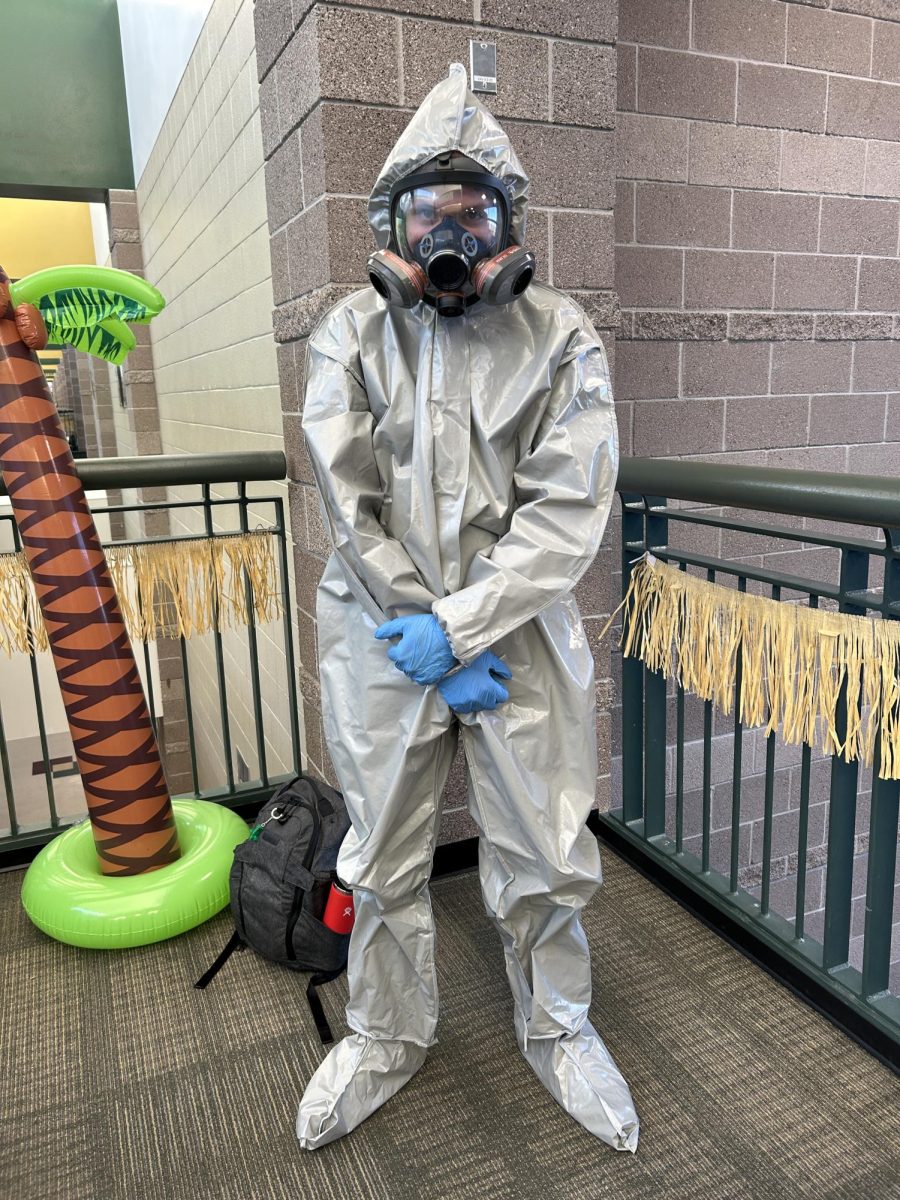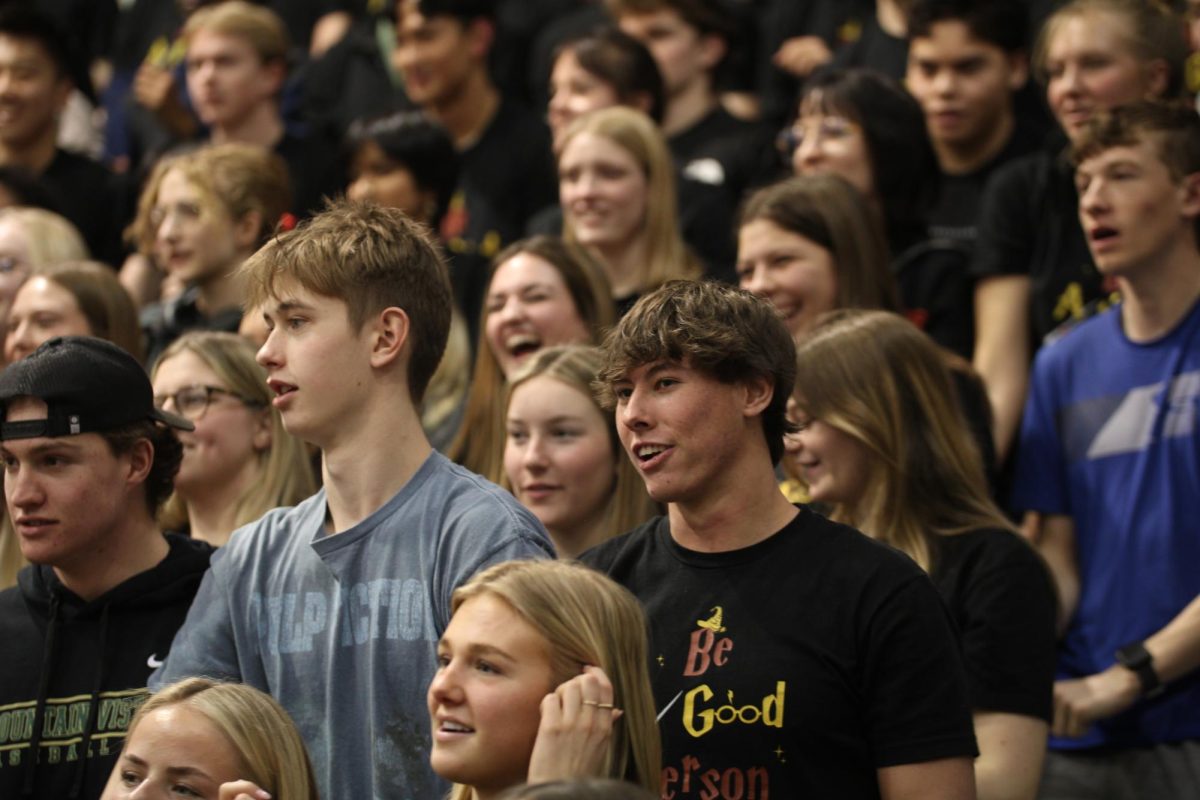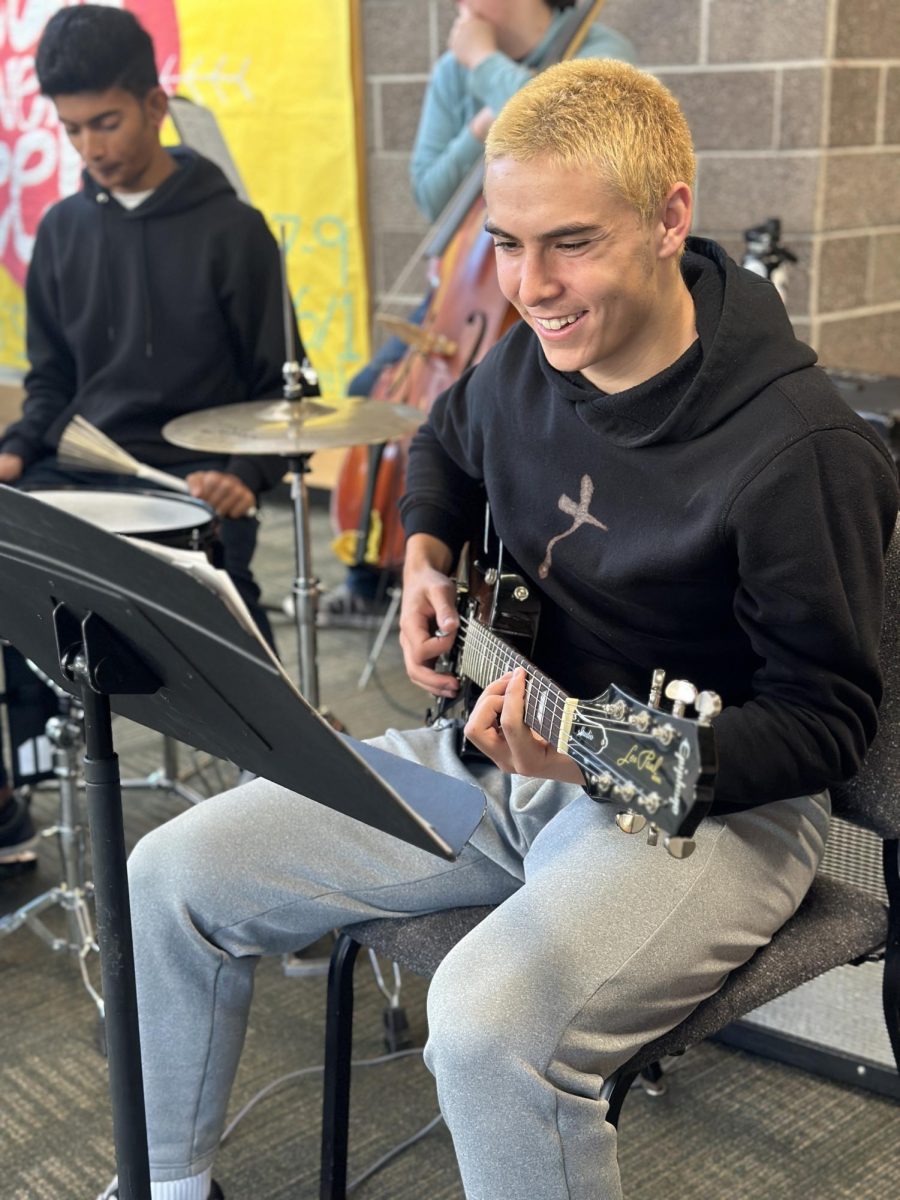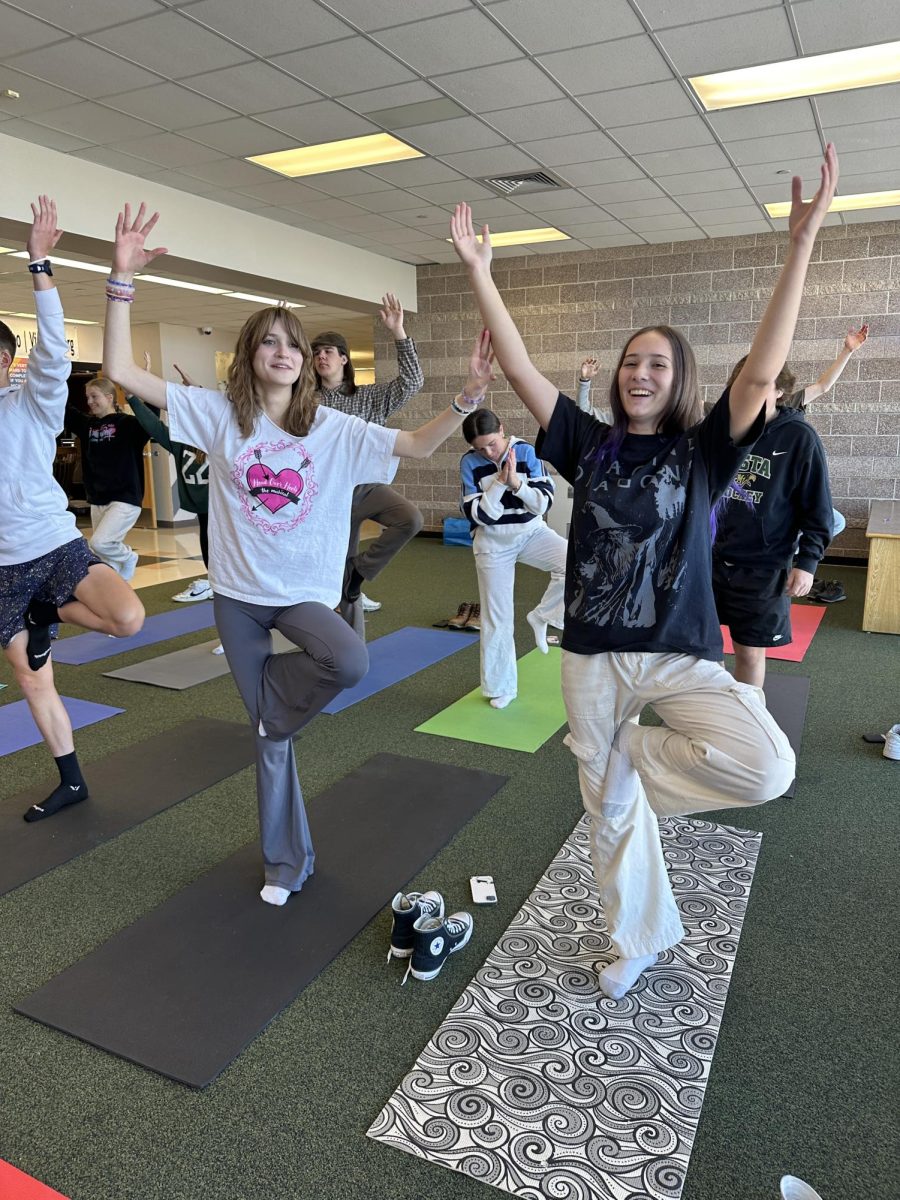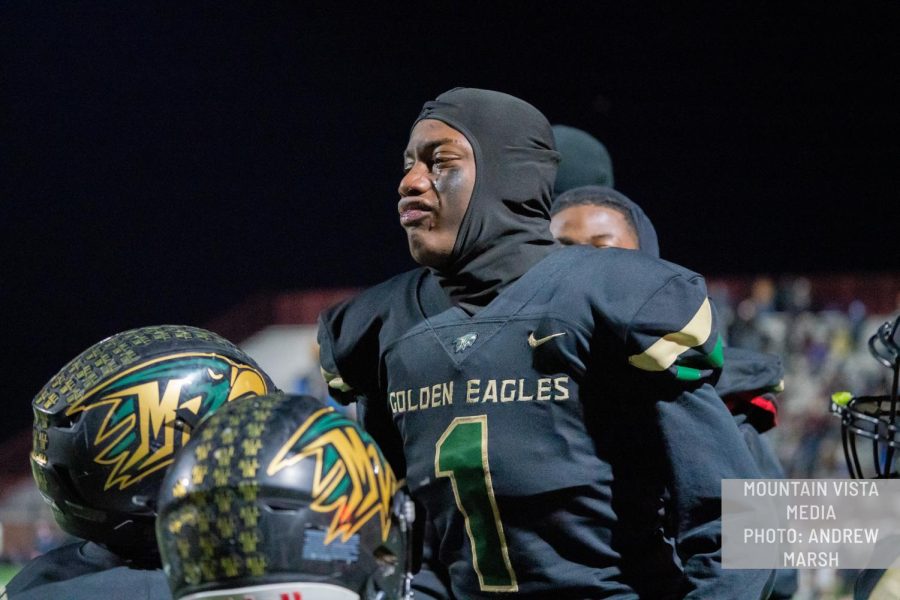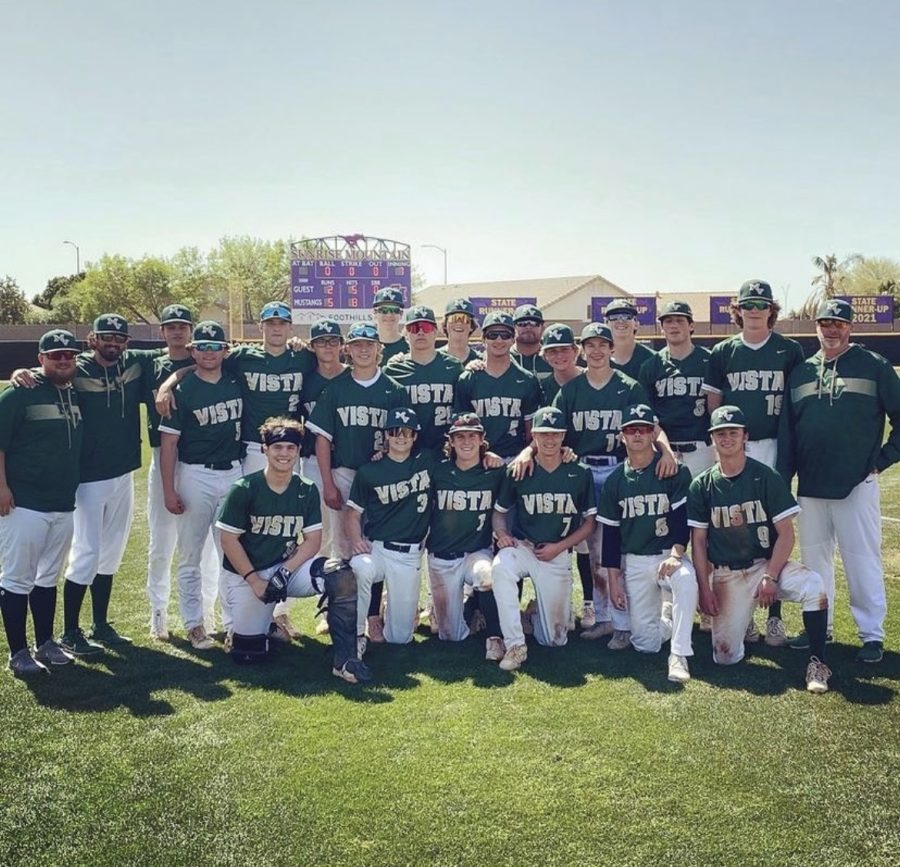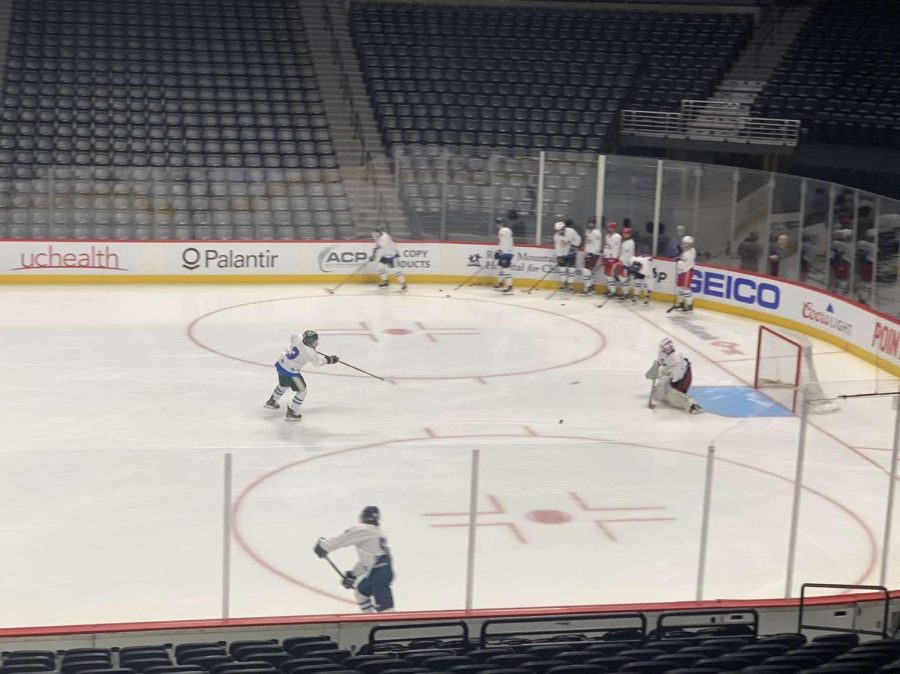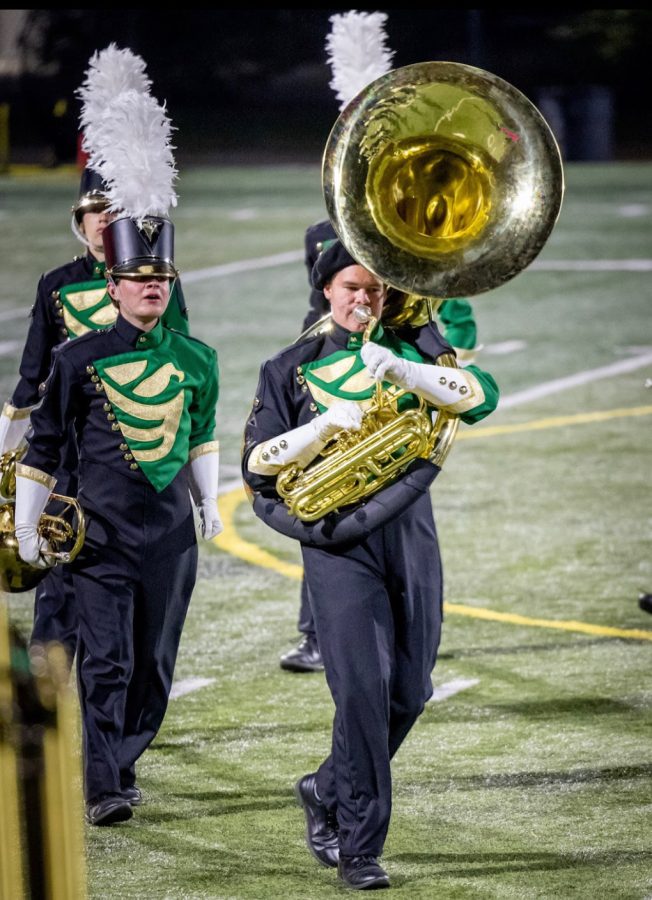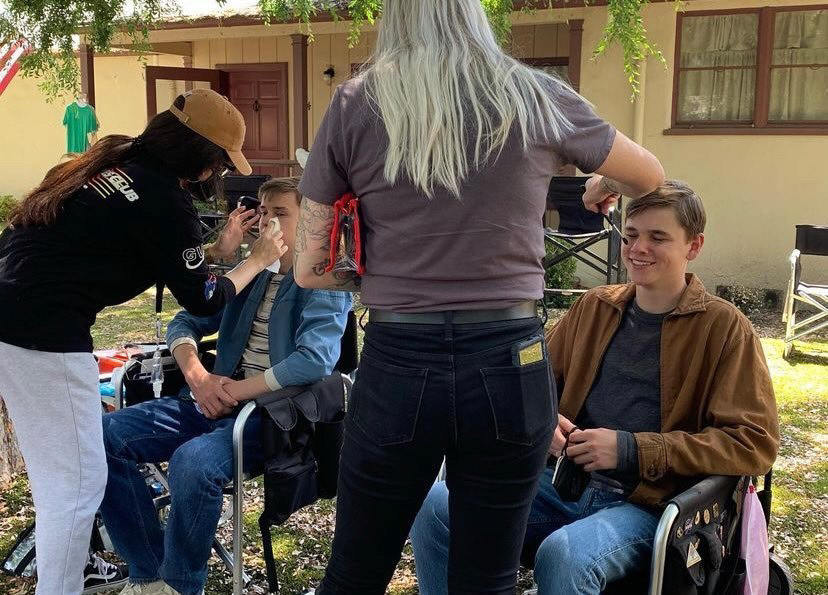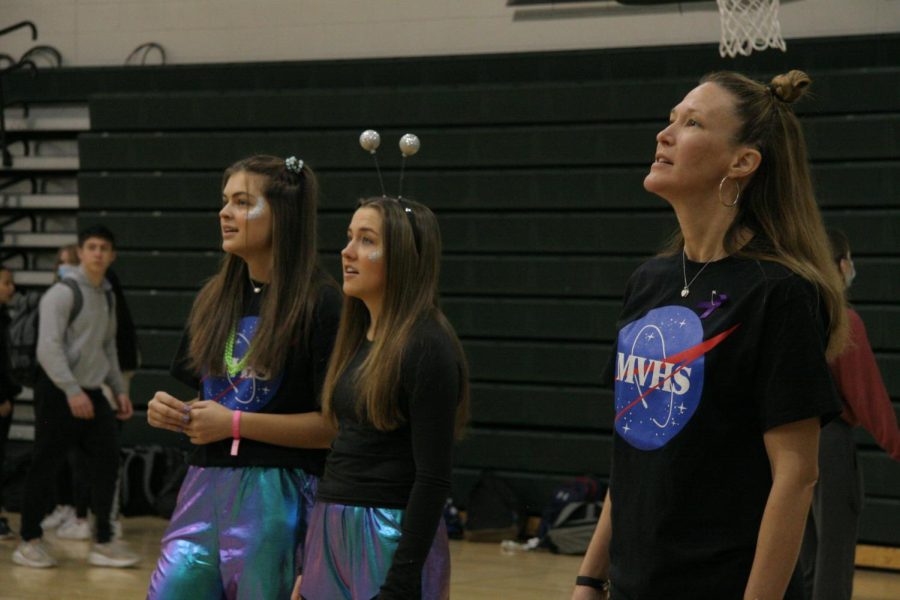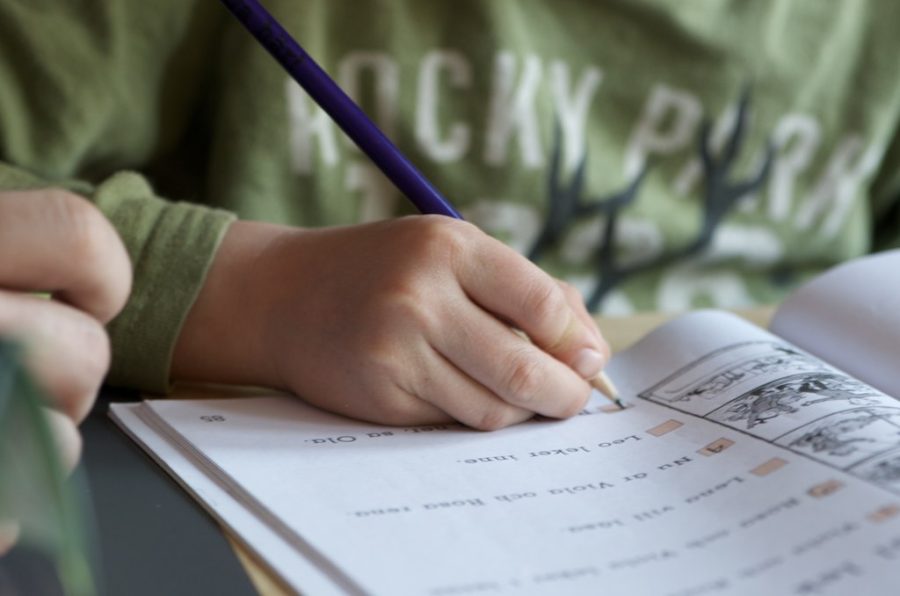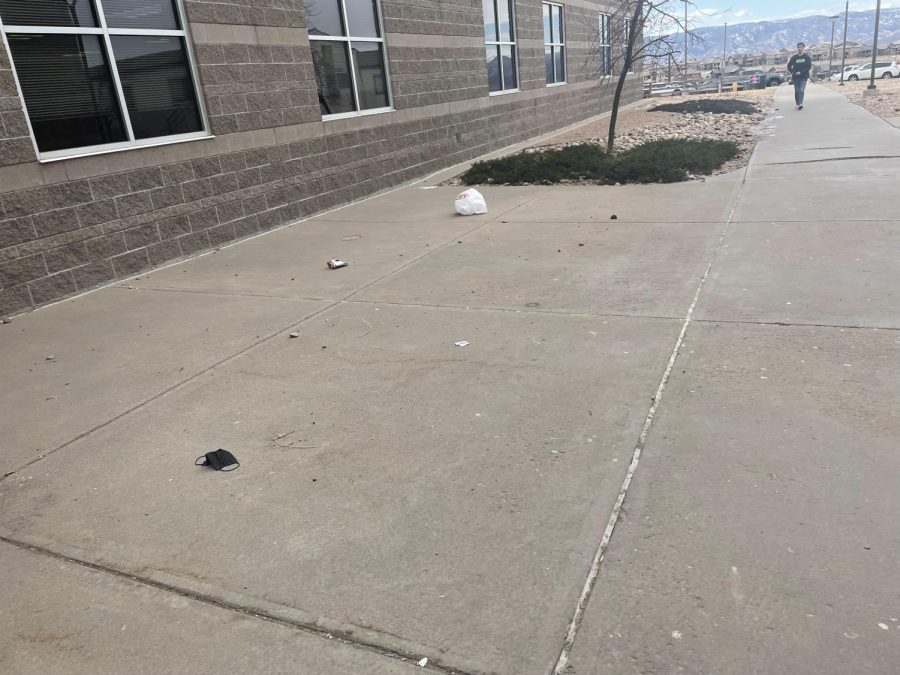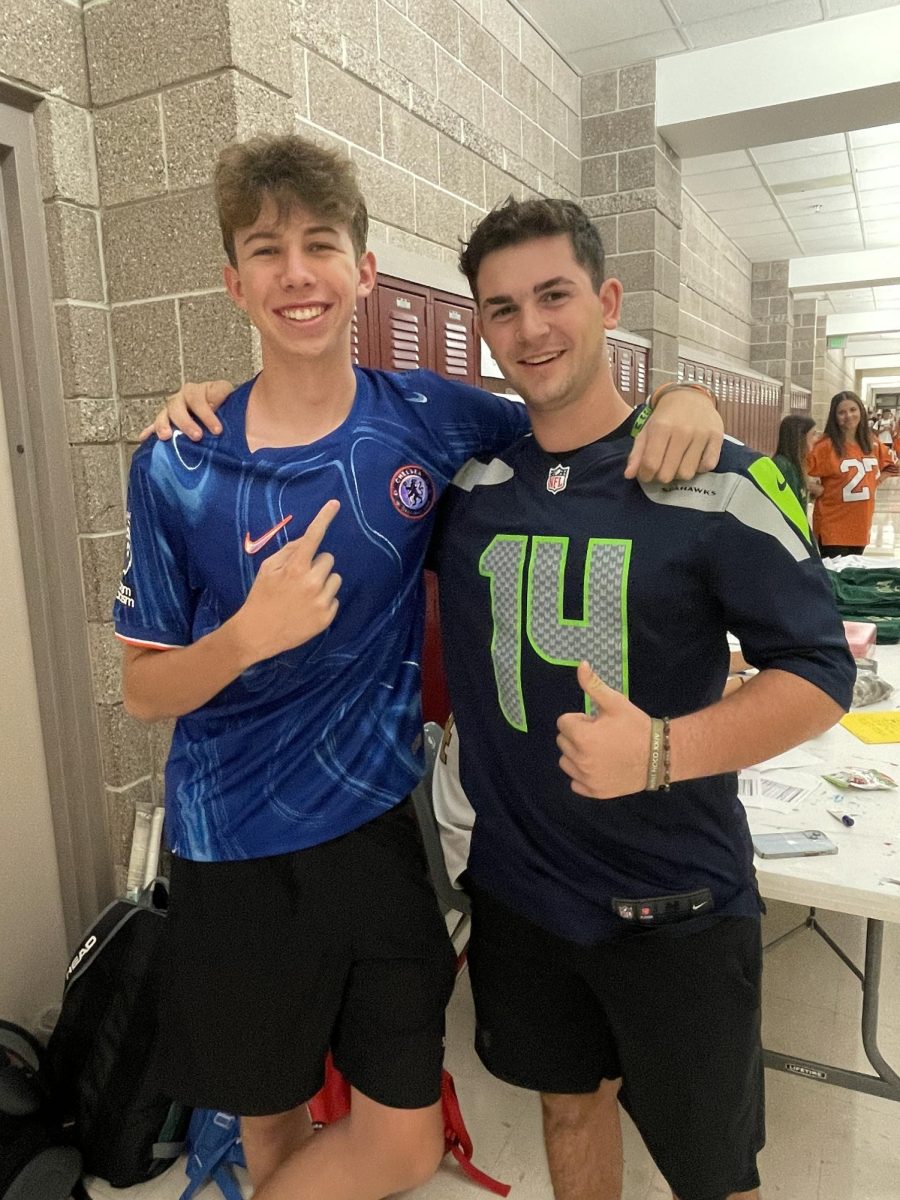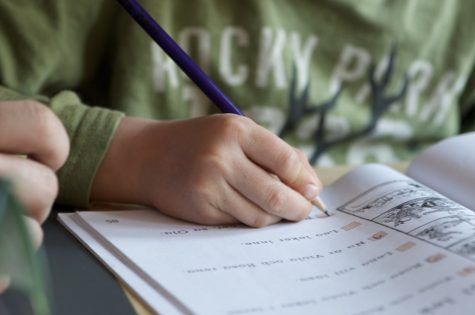Gratification over Dedication
Does social media affect academic performance?
Almost every high school student has been accused of prioritizing their screen time over their academics. Nearly every student has had a talk with an adult that consisted of someone chastising them for their consistent use of social media whether it be a grade drop being blamed on a strong online presence, or a lack of attention for a professor attempted to be explained by prominent text messaging or snapchat-ting. While students everywhere groan and roll their eyes at the allegation, studies show that students who are heavy
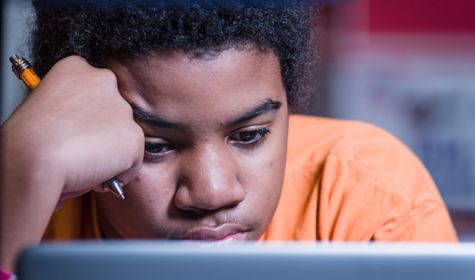
social media users show lower academic performance than those who are not heavily involved online.
“31% of teens say that using social media during homework reduces the quality of their work. Students who used social media had an average GPA of 3.06 while non-users had an average GPA of 3.82,” Procon.org said. “Students who used social media while studying scored 20% lower on tests. College students’ grades dropped 0.12 points for every 93 minutes above the average 106 minutes spent on Facebook per day.”
Social media does not take away from the intelligence of students, but it does become a major distraction to those trying to focus on lectures or study for an important test. The technology of instant messaging and updates creates a need for instant gratification that often overrides the drive to succeed academically.
“Social networking addiction refers to mental concern over the use of social networks and the allocation of time to these networks in such a way that it affects other social activities of individuals such as occupational and professional activities, interpersonal relationships and health leading to disruption of their life,” bmcpsychology.biomedcentral.com said.
While as a society, we know that these studies do not apply to every student, it is still a prominent enough issue to address within school communities. Some students are very proficient in managing their time, but others need a bit more help.
“It depends on how and when we use it. What I found is that, myself included, a lot of students tend to gravitate toward social media while we’re doing homework because we find it boring,” Elijah Goldberg, 11, said. “In doing so, we’re splitting our focus and not truly focusing.”
Practices such as setting social media timer breaks to study, making a point to keep your phone in your bag or your pocket when listening to a lecture, or even practicing social media detoxes’ are all ways students can improve their focus and academic performance.
“Social media isn’t bad,” Goldberg said. “But the way we can use it sometimes is.”
Photo Courtesy of:

